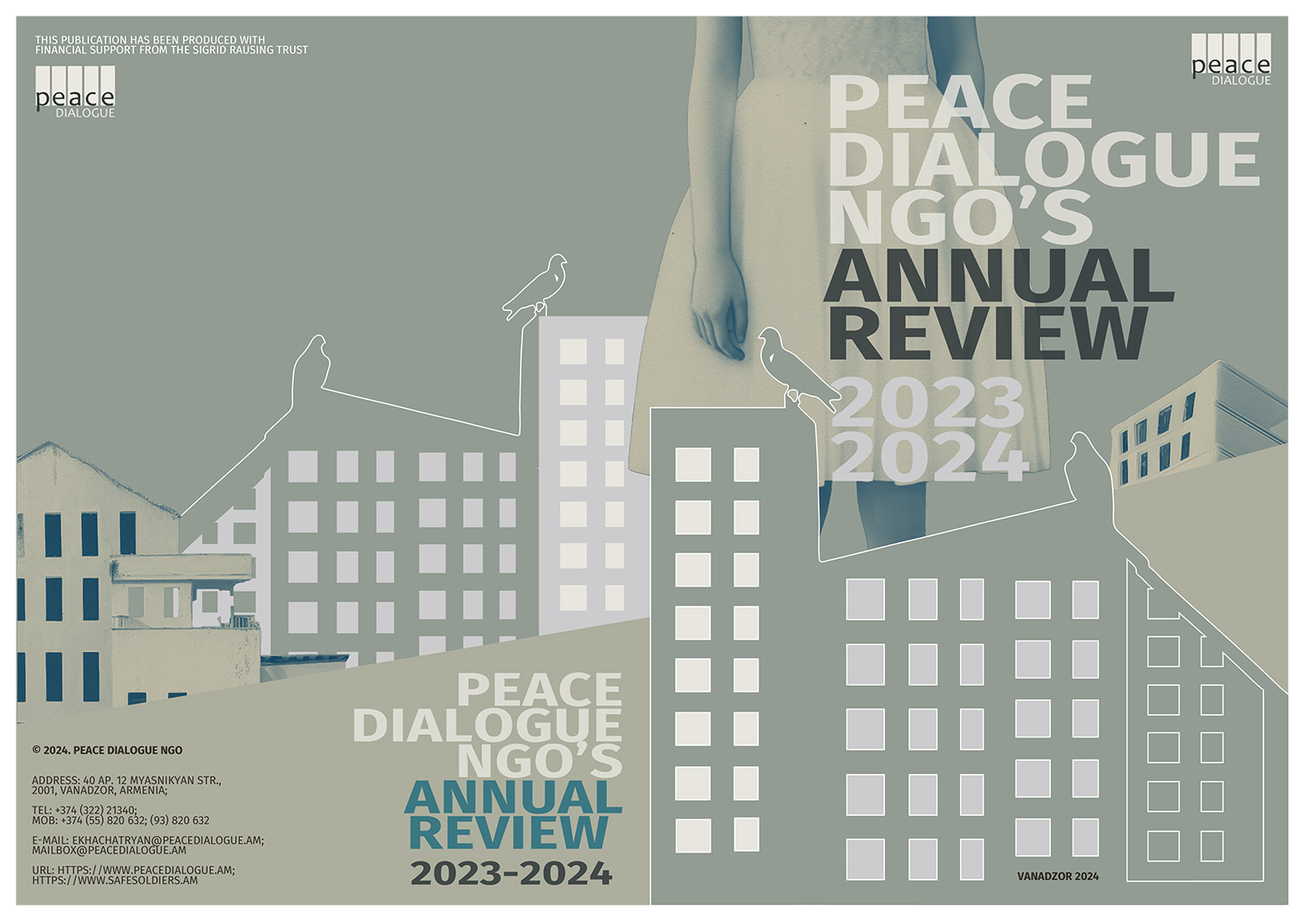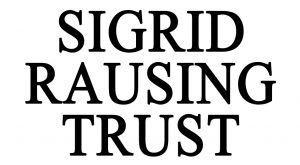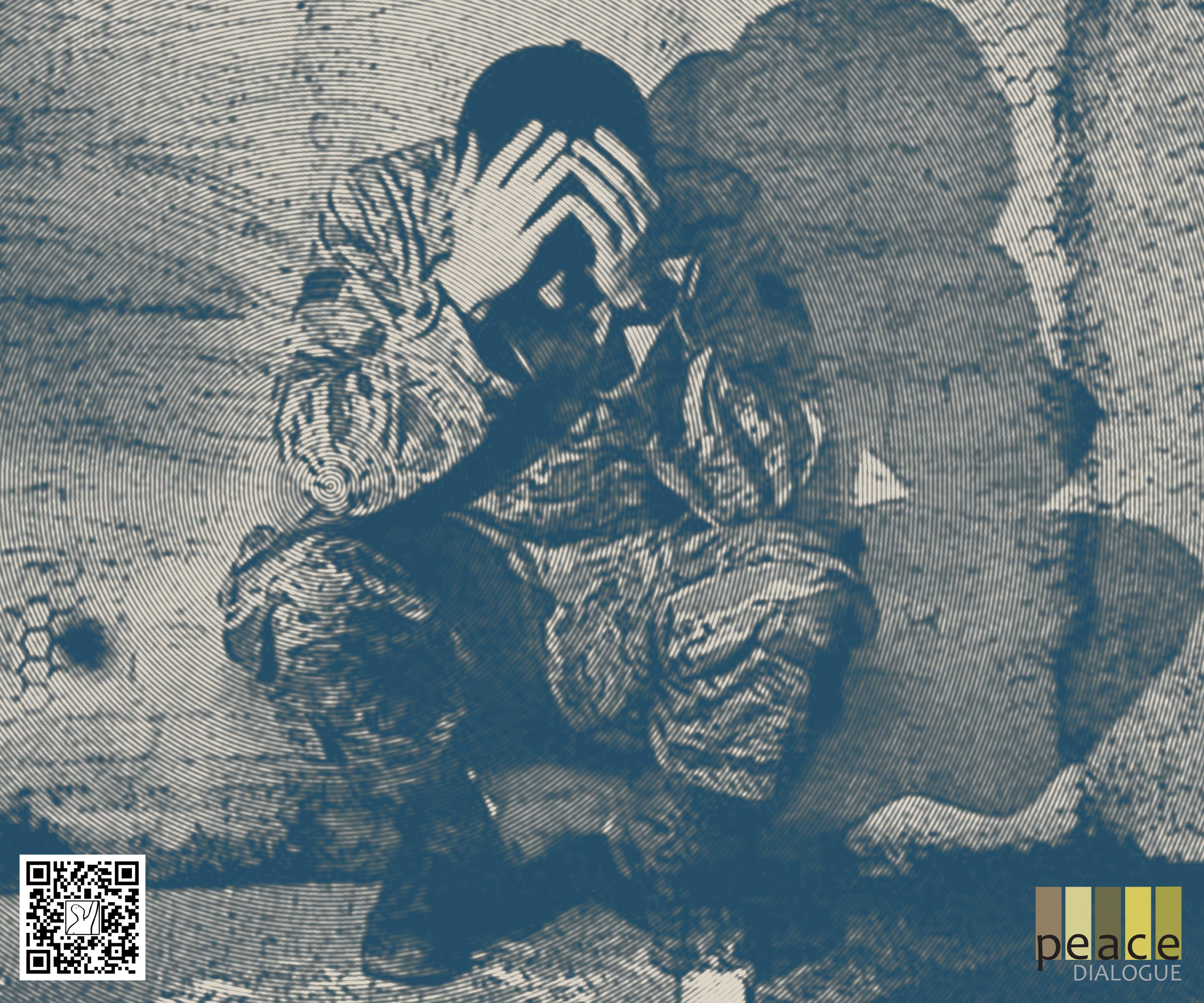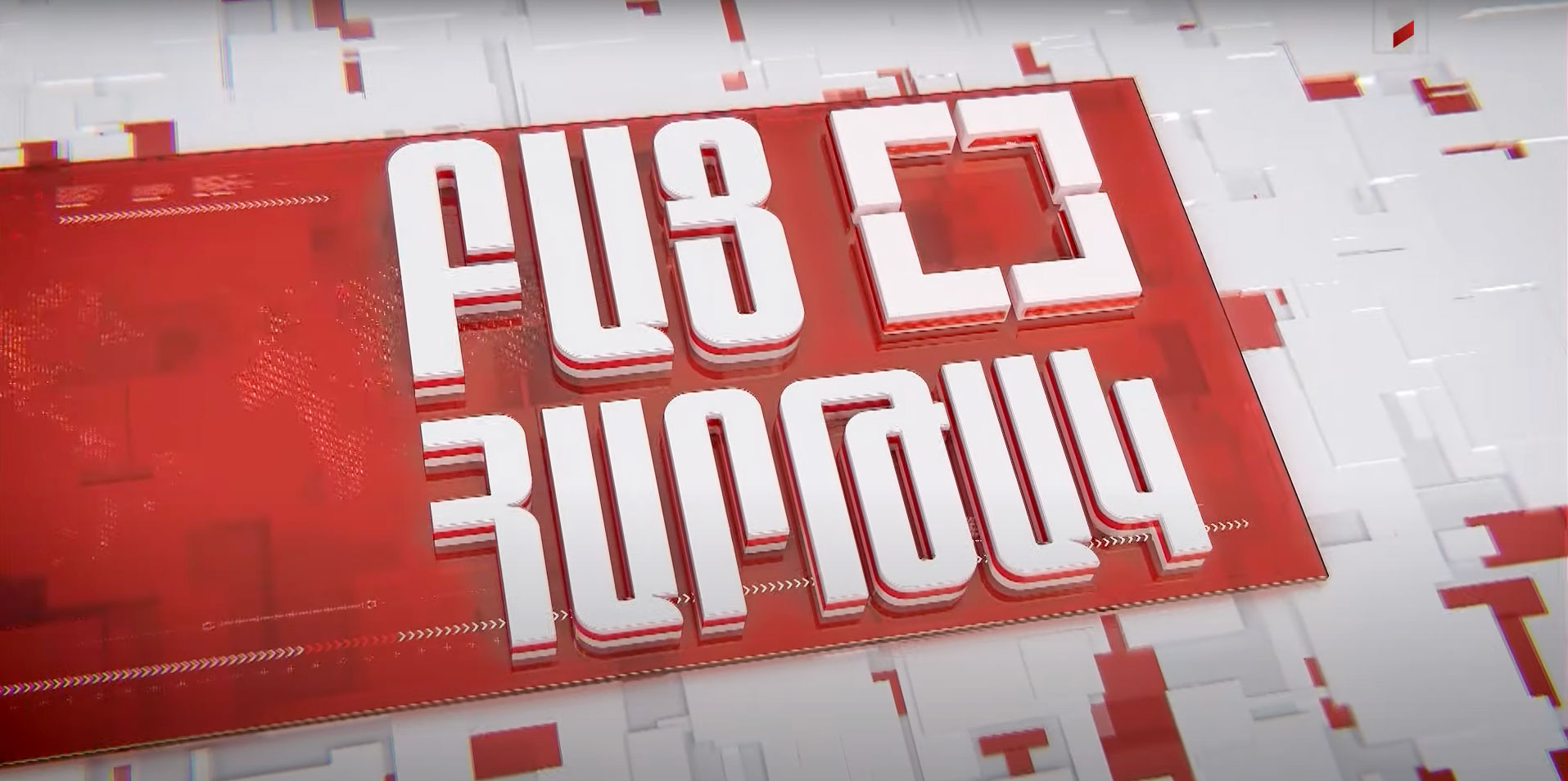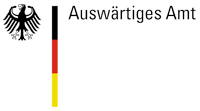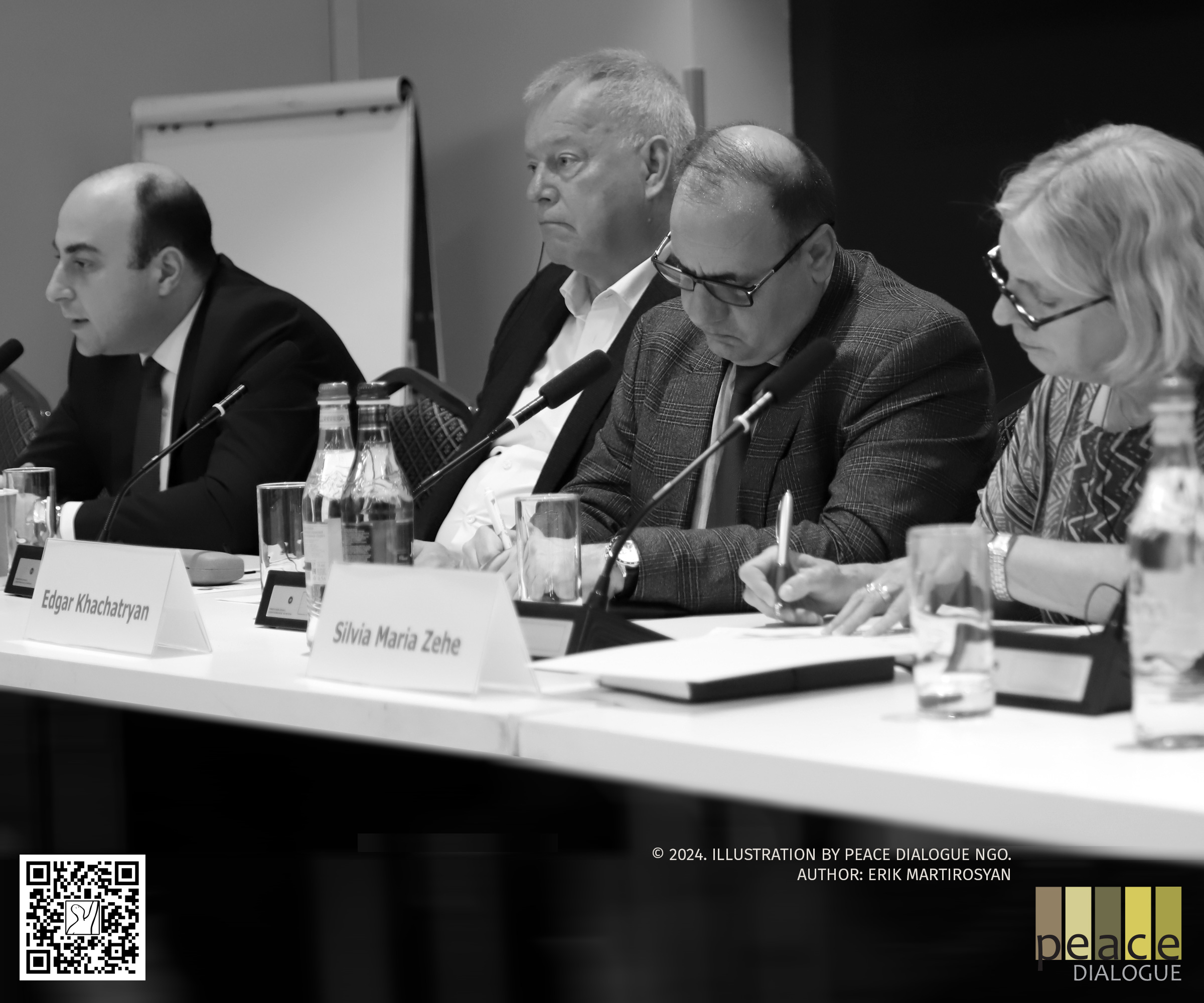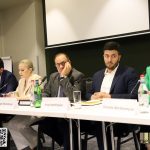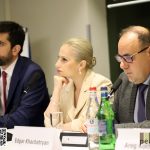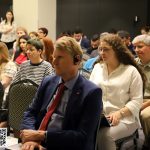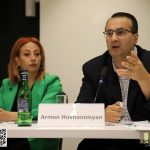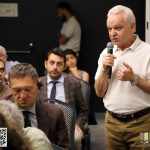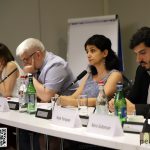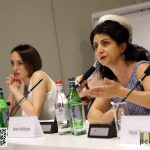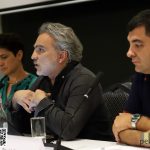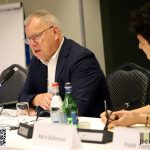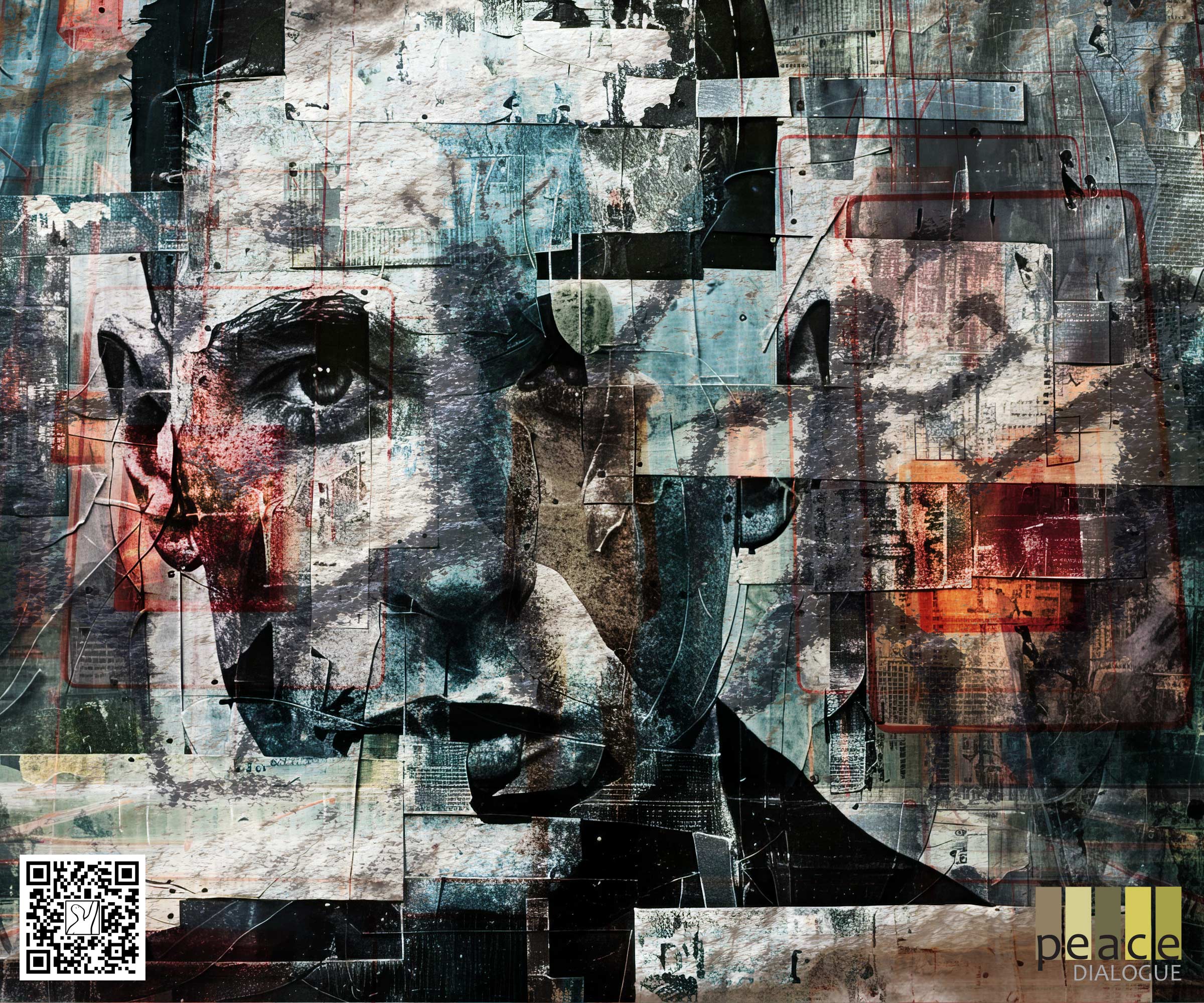
© 2025. ILLUSTRATION BY PEACE DIALOGUE NGO
THIS CALL IS NOW CLOSED.
Thank you to everyone who applied.
 Please complete the Application Form under the link below.
Please complete the Application Form under the link below.
Call for Participation
FORESIGHT ARMENIA: EXPLORING FUTURE SCENARIOS FOR 2025–2028
Two-Day Public Workshop | Organized by Peace Dialogue NGO
Peace Dialogue NGO is pleased to invite civil society actors, independent experts, and international stakeholders to participate in a two-day workshop titled “FORESIGHT ARMENIA: Exploring Future Scenarios for 2025–2028”, dedicated to examining Armenia’s strategic trajectory in the years ahead. The event will take place off-site in Dilijan on 11–12 August, 2025.
This initiative builds on a recently held closed-door workshop that gathered Members of Parliament, government representatives, and a select group of civil society organizations and experts. Together, they explored both best- and worst-case scenarios for the region, with a particular emphasis on the potential implications of the signing—or absence—of a peace treaty between Armenia and Azerbaijan. As a result, four plausible strategic scenarios were developed, outlining distinct pathways Armenia may follow through 2028.
At a time when Armenia faces critical choices across its domestic, regional, and geopolitical landscape, this public workshop will serve as a platform to:
✅ Assess the perceived likelihood and internal logic of each scenario
✅ Analyze their implications for democracy, sovereignty, security, economy, gender equality, environment, and societal cohesion
✅ Co-develop early warning indicators and actionable policy recommendations to enhance Armenia’s resilience and preparedness
Who Can Apply?
Peace Dialogue welcomes applications from:
✅ Civil society organizations working on human rights, youth, gender, environment, democratization, and social justice
✅ Independent experts, analysts, and academics
✅ Representatives of foreign diplomatic missions and international organizations operating in Armenia
Expected Output
The insights generated during the workshop will be captured in a concise Policy Brief, summarizing key findings, reflections, and forward-looking recommendations.
Participation & Logistics
✅ Working Language: Armenian (simultaneous English translation provided)
✅ Format: In-person workshop, held under Chatham House Rule
✅ Access: Participation is strictly by registration; only approved applicants will be allowed to attend
✅ Agenda: Shared upon confirmation of participation
✅ Participants List: Shared with confirmed participants
✅ Location: To be confirmed and shared with registered participants
✅ Costs Covered: All expenses including transportation, accommodation, and catering will be covered by Peace Dialogue NGO
📅 Application Deadline: July 17, 2025
For questions or additional information, please contact:
Organizational matters: Taline Nichanian | 📞 +374 93 946 446
Content-related matters: Edgar Khachatryan | 📞 +374 93 820 632
This initiative is carried out by Peace Dialogue NGO in partnership with Conciliation Resources, with financial support from the European Union through its EU4Peace programme. The project is implemented in close collaboration with CMI – the Martti Ahtisaari Peace Foundation. CMI provides methodological guidance and facilitation through its Digital Peacemaking Team.
The event will be implemented in partnership with the Armenian National Platform of the Eastern Partnership Civil Society Forum.
Read More on Events


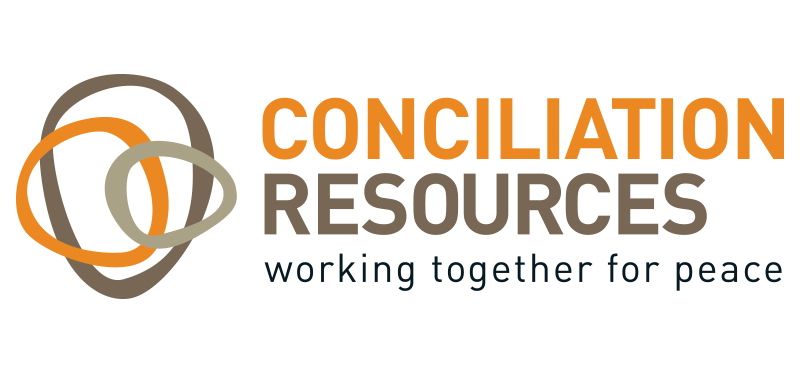
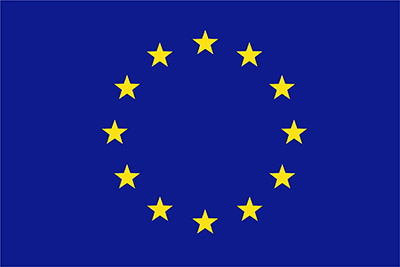



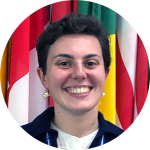 Author: Apolline Massez, Peace Dialogue NGO
Author: Apolline Massez, Peace Dialogue NGO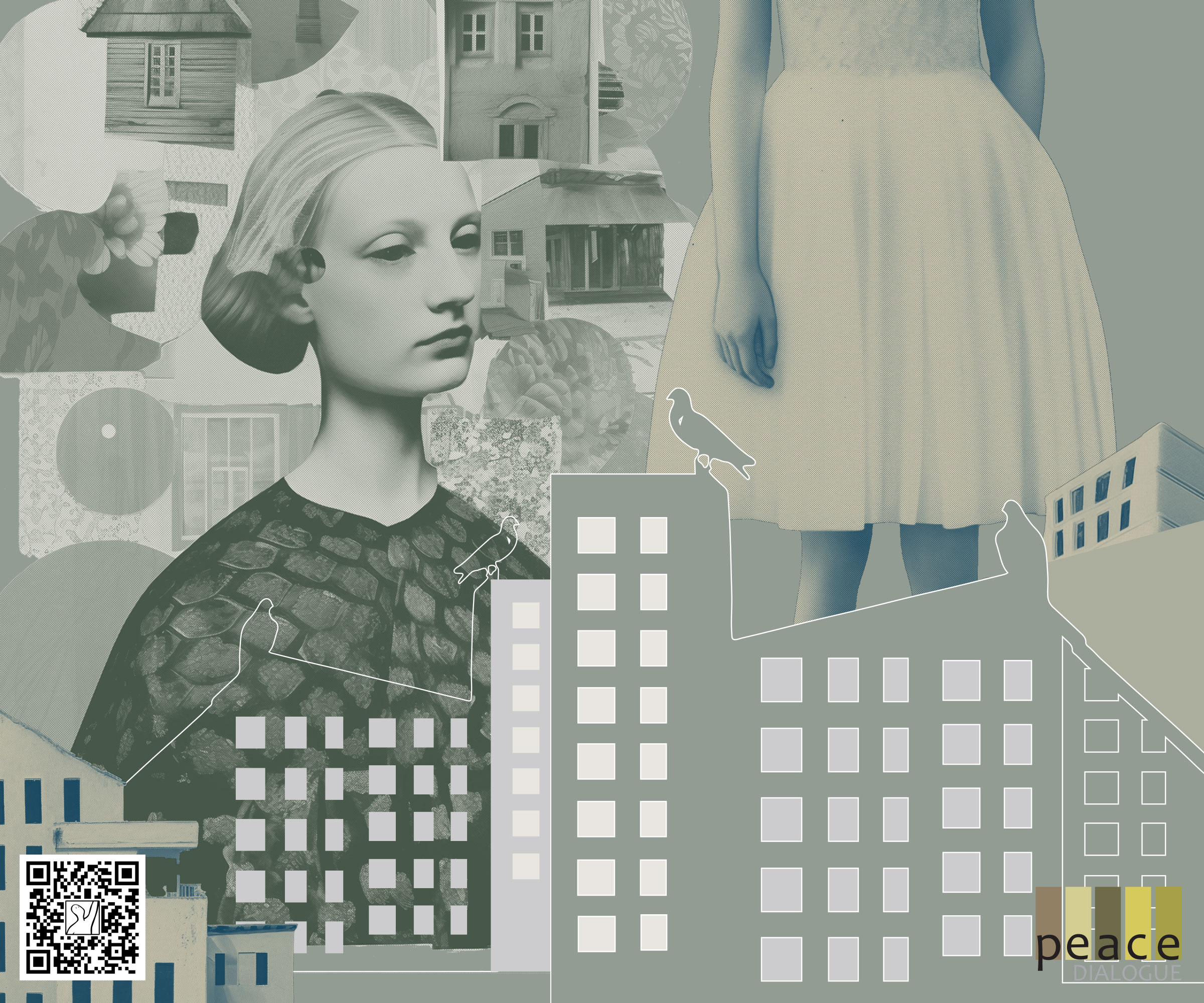
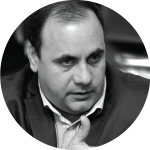 “… Despite the challenging conflict dynamics, Peace Dialogue remains committed to fostering dialogue between representatives of societies across the conflict divide. Cross-border peace initiatives are a cornerstone of our work, fostering understanding, trust, and collaboration between communities on both sides of the conflict …”
“… Despite the challenging conflict dynamics, Peace Dialogue remains committed to fostering dialogue between representatives of societies across the conflict divide. Cross-border peace initiatives are a cornerstone of our work, fostering understanding, trust, and collaboration between communities on both sides of the conflict …”